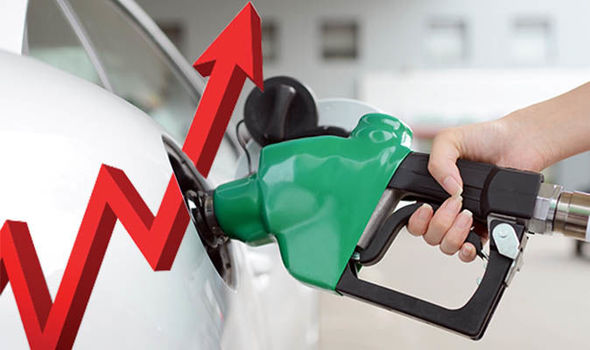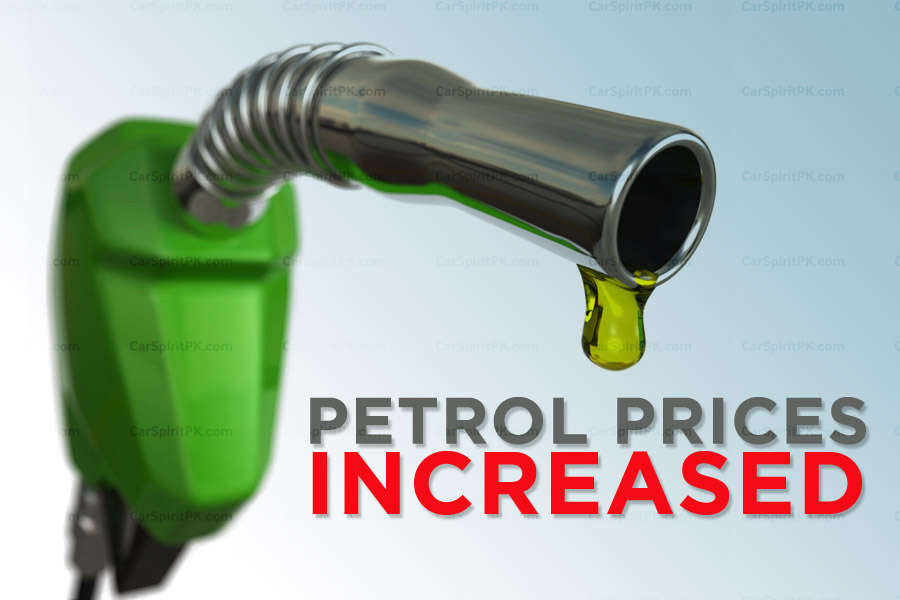Oil and Gas Regulatory Authority (OGRA) has requested the government to finalize standards and specifications of petroleum products, as complains rise from Japanese and Pakistan automobile manufacturers over local fuel’s below-par quality.
According to an OGRA official, Japan Automobile Manufacturers Association (JAMA) and Pakistan Automotive Manufacturers Association (PAMA) have shared major concerns over the high manganese level content in fuel being sold across the country, which could contribute to health issues and engine problems.
Related: OGRA Tests Confirm Petrol in Pakistan is Harmful for Engines, Environment & Health
In November 2017, Honda Atlas filed the complaint, saying the additive appeared to be damaging engines in its vehicles. The company had to discontinue its flagship 1.5 liter Civic turbo variant.
Manganese can be added to fuel to make it appear to be of a higher quality, but it can reduce fuel economy and potentially harm public health due to emissions. According to Honda’s complaint, Pakistani fuel suppliers used the manganese additive to elevate the Research Octane Number (RON) used to grade petroleum and lower quality fuel up to the RON 92 grade required by regulatory standards.
Acting on Honda’s complaint, OGRA and Hydrocarbon Development Institute of Pakistan (HDIP) have conducted tests on the petrol samples and have found that local fuel being sold is highly adulterated, capable of damaging engines and has a high CO2 emission impact on the atmosphere.
Related: Honda Pakistan Seeks Japan Experts’ Help to Curb Use of Chemicals
A team of JAMA paid a visit to Pakistan in March 2018 and informed that Japan had serious reservations over the gasoline being utilized in Pakistan which was said to contain manganese content whose average was 52.6 ppm (parts per million). The JAMA team highlighted that according to United Nations Economic Commission for Europe (UNECE) standards, no metal was allowed to be used whatsoever.
The Japanese delegation recommended permitting 18 ppm of metal to begin with, in order to help the oil industry in reducing the present level, which would eventually be concluded by completely removing the metal additives.
JAMA further stated that car parts were being destroyed by the high amount of manganese content in petrol, which was jamming the engine components and contributing to partial combustion whereas at the same time, is extremely dangerous to human health and the environment.

A computer animation professional with over 23 years of industry experience having served in leading organizations, TV channels & production facilities in Pakistan. An avid car enthusiast and petrolhead with an affection to deliver quality content to help shape opinions. Formerly written for PakWheels as well as major publications including Dawn. Founder of CarSpiritPK.com




